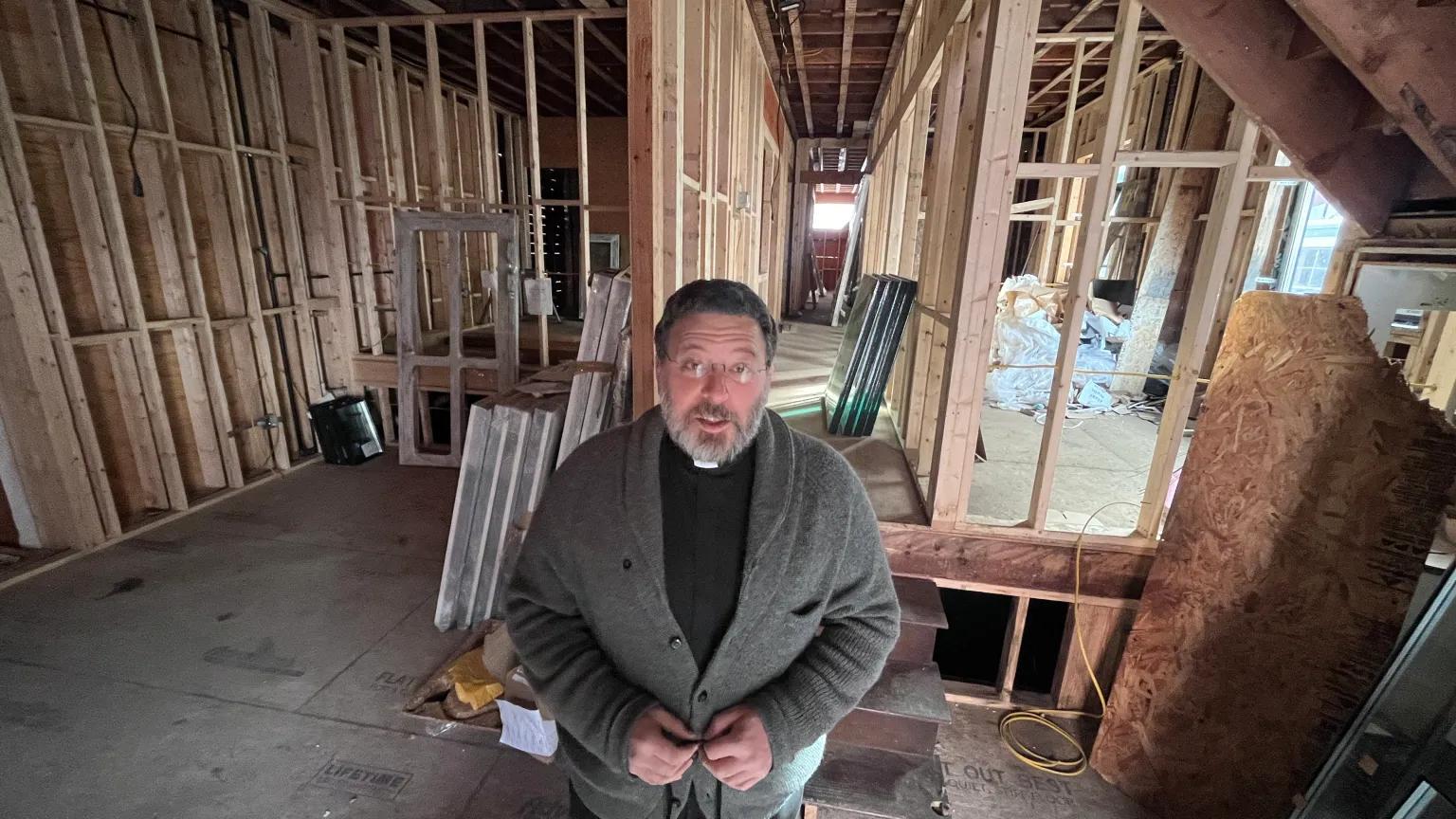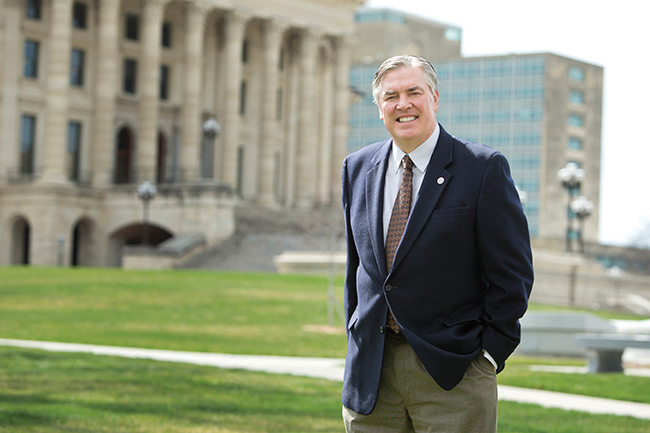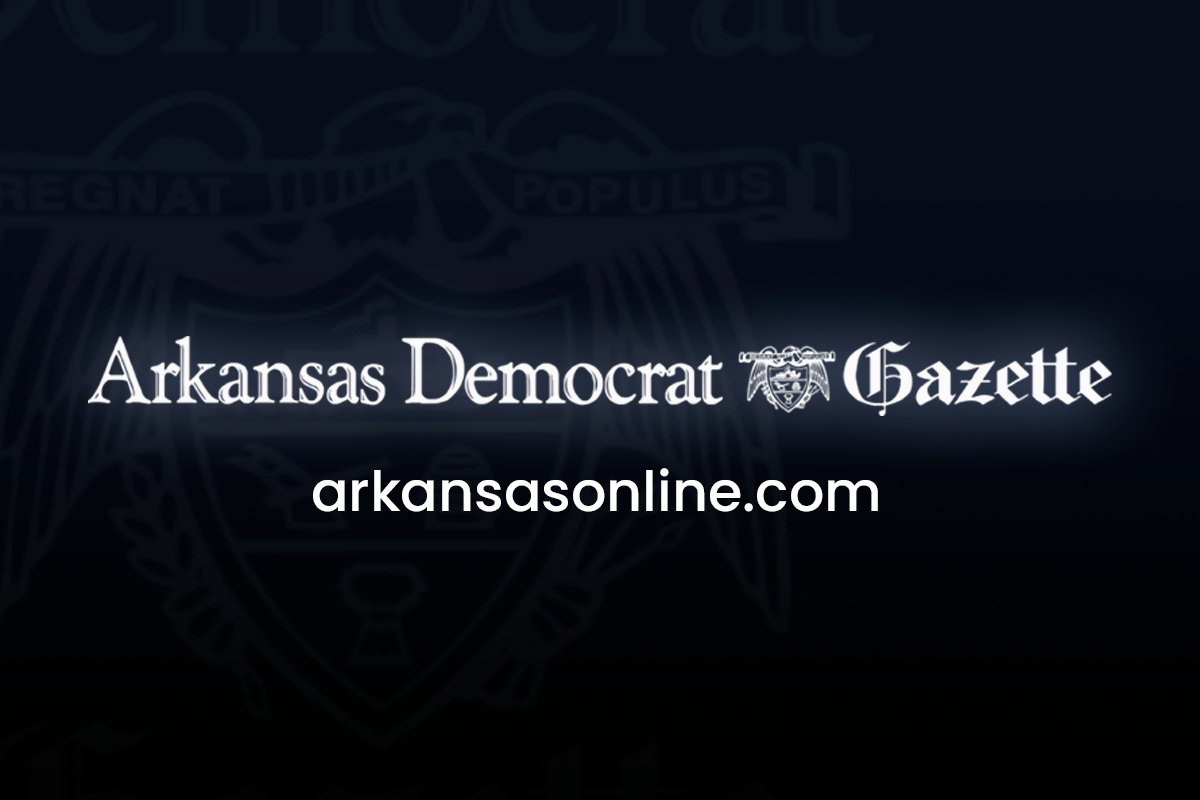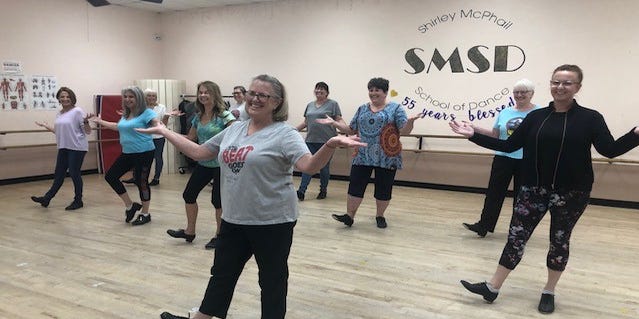Faith vs. Funding: Supreme Court Signals Support for Catholic Charities in Landmark Religious Freedom Case
Religion
2025-03-31 16:57:23Content
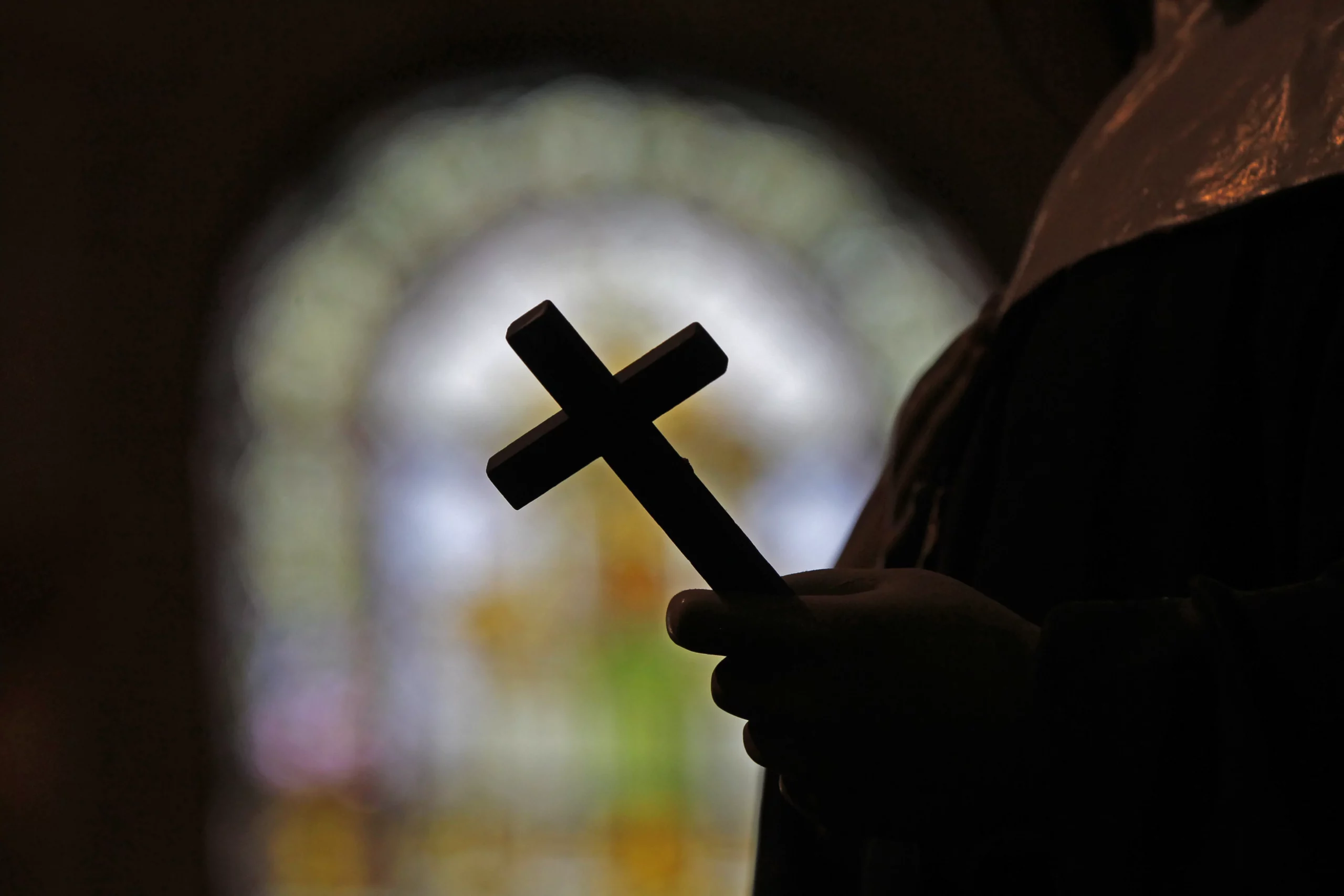
In a pivotal hearing, the Supreme Court appeared sympathetic to Catholic Charities' challenge against a Wisconsin law that imposes controversial restrictions on faith-based organizations seeking exemptions. The case centers on a contentious requirement that mandates religious groups engage in proselytizing to qualify for certain legal protections.
The justices seemed skeptical of the state's narrow interpretation of religious freedom, suggesting that the law may unduly burden religious organizations' ability to provide social services without compromising their core beliefs. Catholic Charities argued that the requirement to actively promote religious doctrine as a condition for exemption infringes on their constitutional rights to religious expression and practice.
Legal experts watching the proceedings noted the potential broader implications of the case, which could set a significant precedent for how states regulate faith-based charitable organizations. The Court's eventual ruling may reshape the delicate balance between state regulations and religious institutions' autonomy in providing community services.
As the justices deliberated, they appeared to recognize the complex intersection of religious liberty, social service provision, and governmental oversight. The case highlights the ongoing national conversation about the extent of religious protections in public and charitable spheres.
Supreme Court Weighs Faith-Based Exemptions: A Landmark Decision for Religious Nonprofits
In a pivotal legal confrontation that could reshape the landscape of religious freedom and nonprofit regulations, the Supreme Court is poised to deliver a potentially transformative ruling on the delicate balance between state mandates and faith-based organizational autonomy.Religious Liberty Hangs in the Balance: A Critical Examination of Institutional Rights
Constitutional Crossroads: Understanding the Legal Landscape
The Supreme Court's deliberations represent a profound moment of judicial scrutiny into the intricate relationship between state regulations and religious institutions' fundamental rights. Catholic Charities finds itself at the epicenter of a complex legal challenge that could establish precedent-setting guidelines for faith-based organizations nationwide. The Wisconsin law in question demands a provocative prerequisite: organizations seeking faith-based exemptions must engage in proselytizing activities, a requirement that fundamentally challenges the operational independence of religious nonprofits. Legal experts argue that such mandates potentially infringe upon constitutional protections guaranteed under the First Amendment. The court's potential ruling could significantly impact how religious organizations navigate governmental regulatory frameworks, potentially establishing critical boundaries between state intervention and institutional religious freedom.Theological and Legal Implications of Proselytization Requirements
The Wisconsin statute's requirement for proselytizing as a condition of faith-based exemption raises profound philosophical and legal questions about the nature of religious expression. Religious organizations traditionally view missionary activities as a deeply personal and voluntary spiritual practice, not a bureaucratic checkbox for regulatory compliance. Constitutional scholars suggest that mandating proselytization could represent an unprecedented governmental overreach into religious practice. By compelling religious institutions to engage in specific evangelistic activities as a precondition for exemption, the law potentially transforms a voluntary spiritual calling into a regulatory requirement, thereby fundamentally altering the character of religious outreach.Potential Ramifications for Nonprofit Organizational Autonomy
The Supreme Court's potential ruling extends far beyond Catholic Charities, potentially establishing a landmark precedent for nonprofit organizational autonomy. Religious institutions across the United States are closely monitoring these proceedings, recognizing that the decision could dramatically reshape their operational landscape. If the court sides with Catholic Charities, it would affirm the principle that religious organizations possess inherent rights to define their mission and operational parameters without undue governmental interference. Conversely, a ruling supporting the Wisconsin law could introduce unprecedented regulatory constraints on faith-based nonprofits' fundamental operational freedoms.Broader Societal and Constitutional Considerations
This legal battle transcends immediate organizational interests, representing a critical examination of the delicate equilibrium between governmental regulation and institutional religious liberty. The Supreme Court's deliberations reflect broader societal tensions surrounding the interpretation of constitutional protections in an increasingly complex regulatory environment. The case illuminates fundamental questions about the extent of governmental authority in defining and potentially constraining religious practice. By challenging the Wisconsin law's proselytization requirement, Catholic Charities has initiated a crucial dialogue about the boundaries of state intervention in religious institutional operations.Historical Context and Precedential Significance
Historically, the Supreme Court has consistently emphasized the importance of protecting religious institutions' autonomy. Previous landmark decisions have established robust protections for religious organizations, recognizing their unique constitutional status and the fundamental importance of religious freedom in the American democratic framework. This current case represents another critical chapter in the ongoing judicial narrative of defining and defending religious liberty. The court's eventual ruling will likely be scrutinized not just for its immediate implications but for its potential long-term impact on the relationship between religious institutions and governmental regulatory mechanisms.RELATED NEWS
Religion

Faith vs. Corporate Training: Honeywell Employee's Religious Freedom Showdown
2025-03-05 16:35:00
Religion
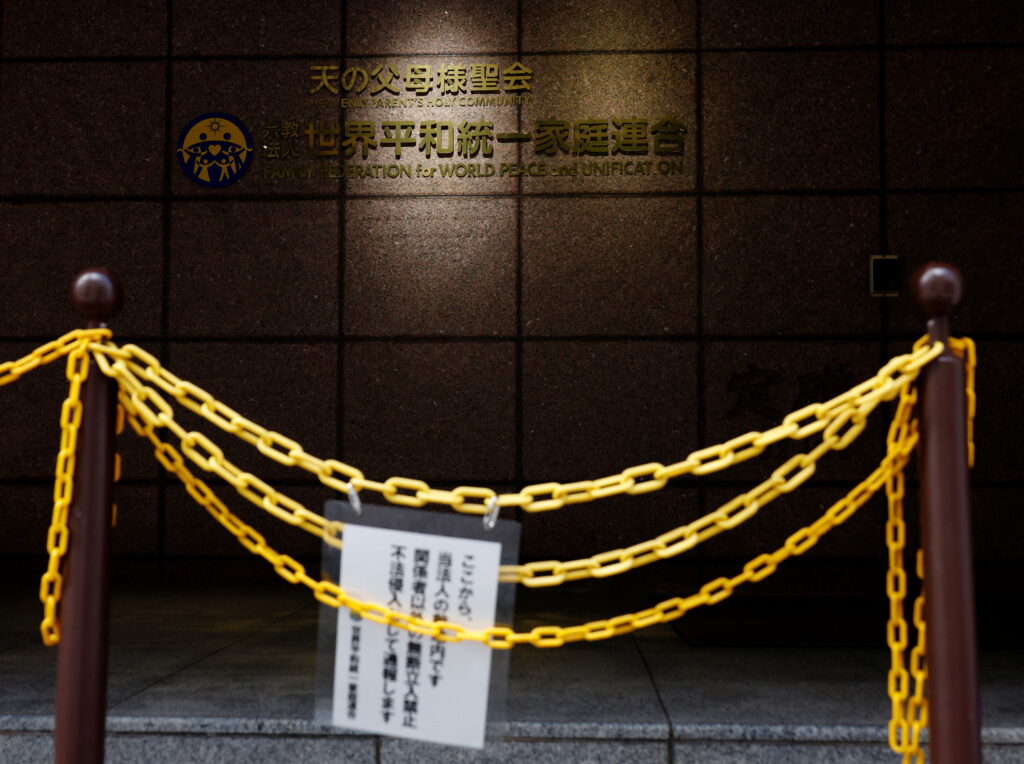
Shattered Faith: How Japan's Legal Crackdown Exposes the Unification Church's Dark Shadows
2025-05-03 12:00:00
Religion
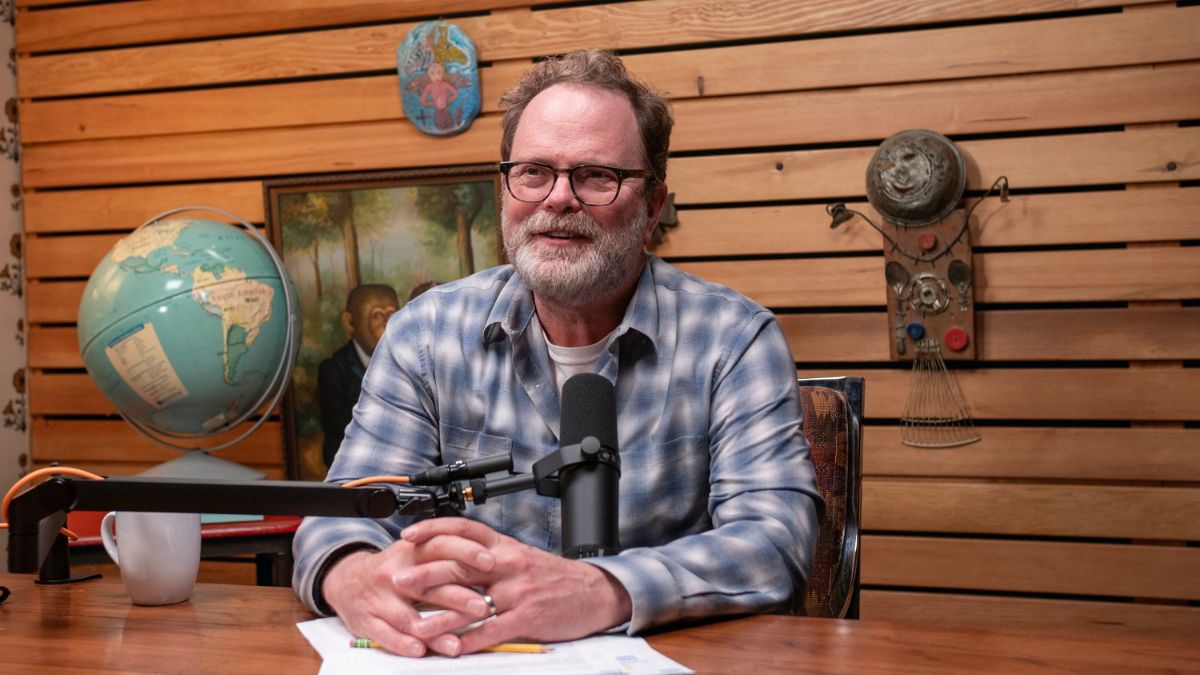
Spiritual Crossroads: Why Not All Paths Converge in Divine Understanding
2025-03-25 08:00:30

